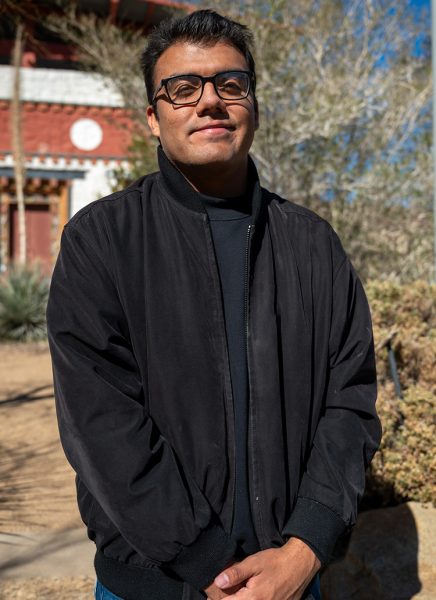Last year, history was made when the landmark U.S. Supreme Court decision Roe v. Wade was overturned. Since then, women, historians, health experts and others have examined the roots of healthcare in the country. One such story from a time where reproductive rights were a topic of heavy discussion is the forced sterilization of immigrant mothers in Los Angeles during the early 1970s. An event with several victims, the story of their pain is told in the award-winning documentary “No Más Bebés,” which translates to “No More Babies.”
Directed by Renee Tajima-Peña and produced by Virginia Espino, the documentary takes a look at the heartbreaking recounts of mothers who were unwillingly and unknowingly sterilized. It also tells the stories of others involved, including a doctor who acted as a whistleblower for the women and a young attorney who filed a case in defense of the women’s reproductive rights.
“It’s a story about women of color. It’s a story about what happens to working class women when they don’t have access to safe, legal, and dignified reproductive health care,” Espino said. “I learned about this story when I was in graduate school, even though it took place about ten minutes from where I live. It’s a story that will anger you and frustrate you, and I hope it will move you to (take) action.”
The documentary begins with the introduction of María Hurtado, one of five women that the film examines. She is seen wandering the remains of the original hospital for the Los Angeles County+USC Medical Center and remembers the trauma she experienced. After the introduction, the movie gradually introduces the audience to the other women who underwent forced sterilization, all only in their 20s.
Not only is a main theme of this documentary reproductive justice for women, but it also focuses on the injustices faced by women of color and immigrant women. The film focuses on the language barriers that aided the doctors in their unfair treatment of the women, all of whom were immigrants. It also focuses on how the documents that needed their signature for the procedure, which were all in English, were forced onto the Spanish-speaking victims during labor. One victim even described how a nurse took her hand and forced her signature.
Despite the atrocities shown in the film, there is a bright side.
One victim even described how a nurse took her hand and forced her signature. Despite the atrocities shown in the film, there is a bright side in the end.
The attorney in the film, Antonia Hernandez, led the fight against those who put those women through the sterilizations. Although the case was lost, it helped bring the case’s attention to the public during a time when civil rights was in the public eye. The whistleblower in the film, Dr. Bernard Rosenfeld, was brave enough to speak for these women and help in the fight against the medical staff who led the procedures.
The documentary is an empowering film that shows how women’s rights were treated in the 20th century. In a time where reproductive rights in America are under observation, the film brings this issue to light and tells of a fight led by Chicana women for their right to have children.
“It’s just not right that they took advantage of women, especially with language barriers and sterilized them. It’s just really sad, and then just to see that we’re going through something similar with Roe v. Wade being overturned now,” said Andrea Celis, a multidisciplinary studies major at UTEP. “I feel like it’s an amazing documentary and it’s very powerful for, especially young women to see this. We have the opportunity to make a change for our future and to be able to try to prevent this from happening again.” Tickets being handed out to the first people to ask questions during the Q&A.
Elisha Nuñez is a staff reporter and may be reached through [email protected]












